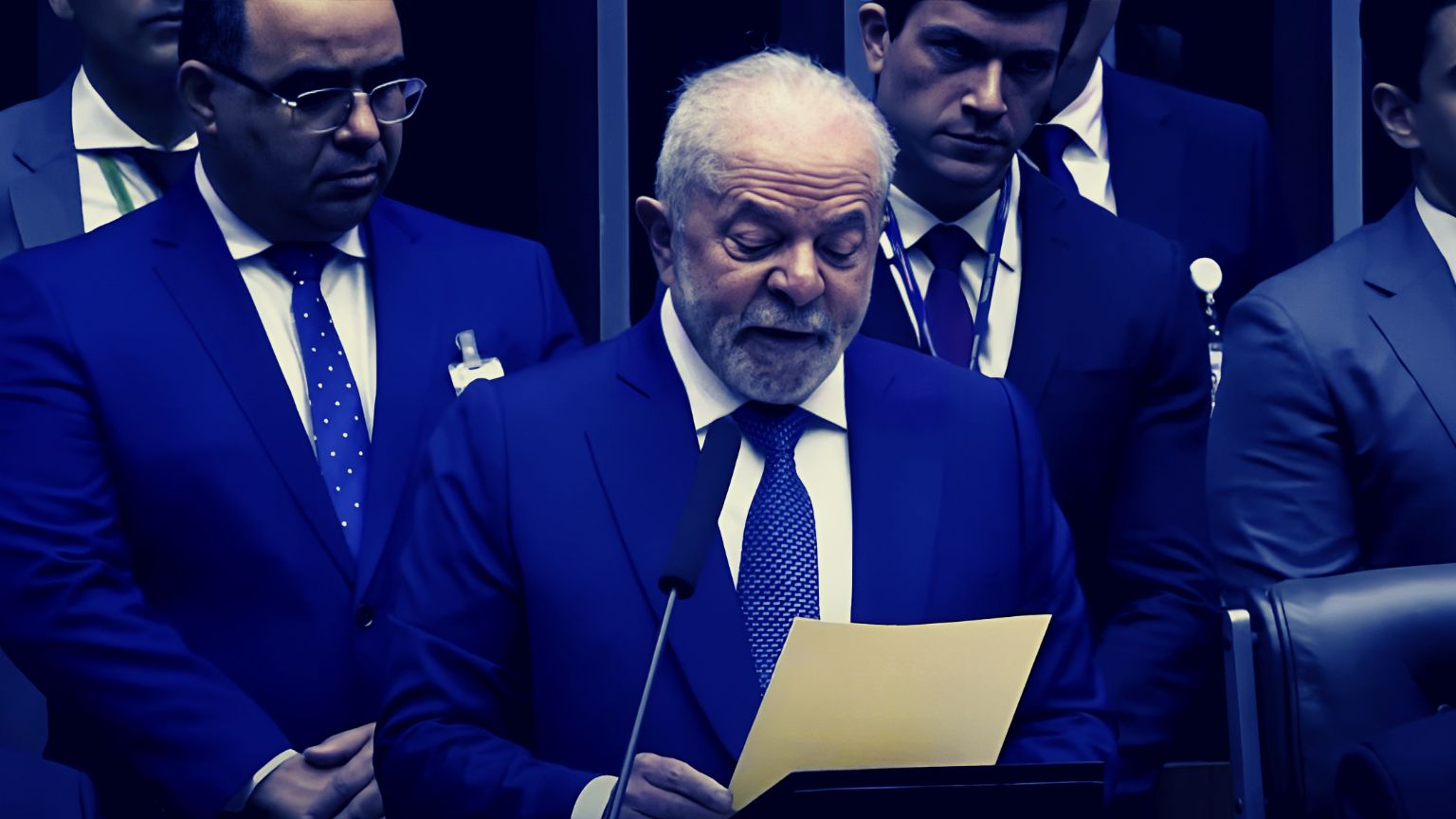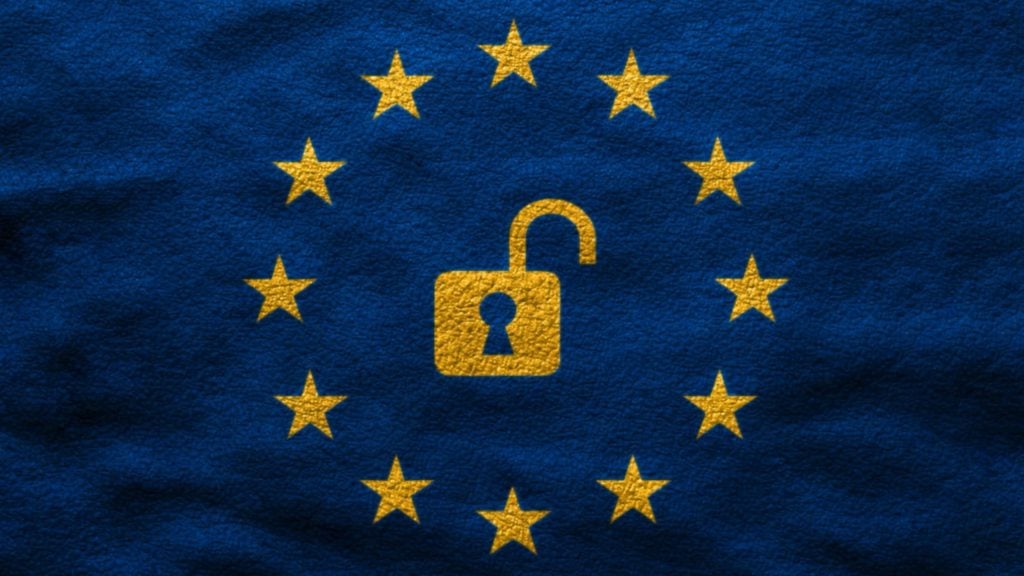UNESCO, the UN agency for culture and education, this week organized an “impressive” gathering in Paris – “Internet for Trust.” It gathered close to 5,000 participants from governments, their regulators, Big Tech, journalists, etc., all looking for ways to stop “online hate speech.”
Among those who offered their thoughts on the topic – via a statement read by Secretary of Digital Policies Joao Brant – was Brazil’s newly, and controversially elected president Luiz Inacio Lula da Silva (aka, Lula).
The highlights of President Lula’s statements reflect his political platform and manifesto, and he sees the digital era as beneficial on one hand, but also deepening social inequality because the digital market is not “distributed equally.”
Then there’s the usual complaint that the internet era poses threats to democracy (the assertion is never specific, though, especially coming from those invited to this type of conference – who exactly, and how, is causing risks to democracy, with their approach to the internet?)
Lula’s statement proceeded to list other serious problems with internet platforms, as he sees them: poor communication between people, health hazards (he claims that “disinformation” about Covid has contributed to “thousands of deaths”), and, hate speech.
Brazil’s president said that online hate speech is victimizing people on a daily basis, and once again, these are the most vulnerable. And he quickly linked that hypothesis with the recent events around his contested election, and the protests that followed.
Although he declared yet another victory – this time against his political opponents who felt disenfranchised in the election process, not least because of the pressure on social media that went all the way to censorship in some cases – Lula sees the post-election “campaign” against him as the fruit of social media, online platforms and messaging apps.
He’s not the first to make such links and level such accusations – the address does mention that the “campaign” against him was organized on the internet – and that it “used the same method use it to generate acts of violence elsewhere in the world.”
Lula now wants all that to “stop” – “the international community needs from now on to work to give effective answers to these challenging questions of our times.”



